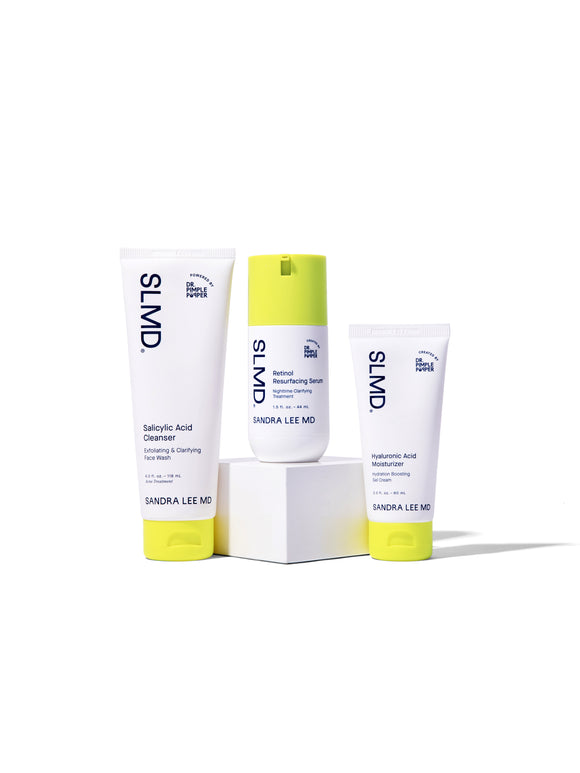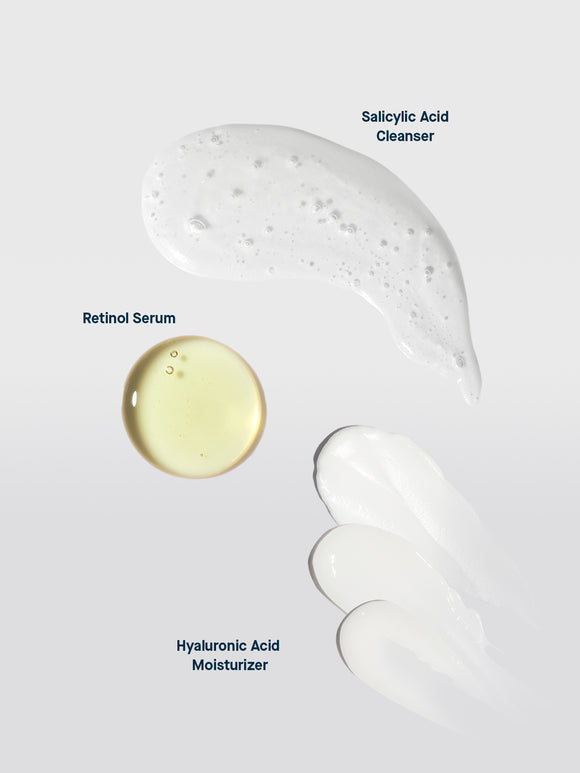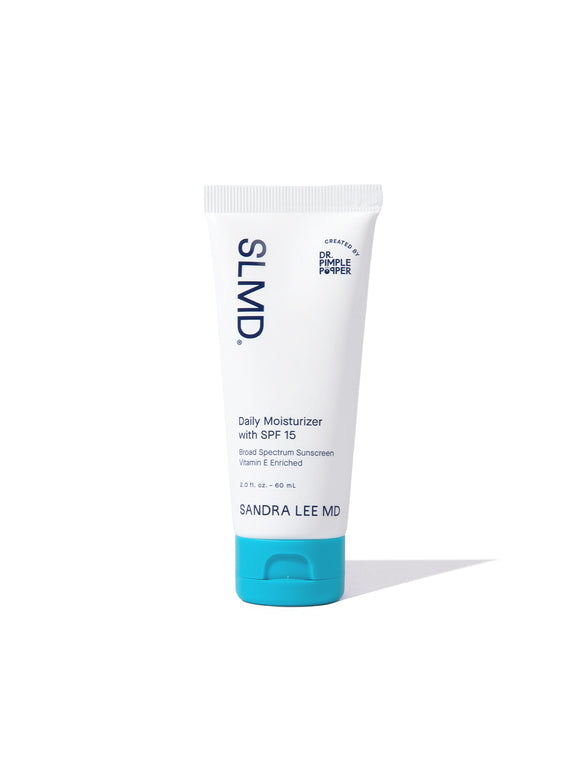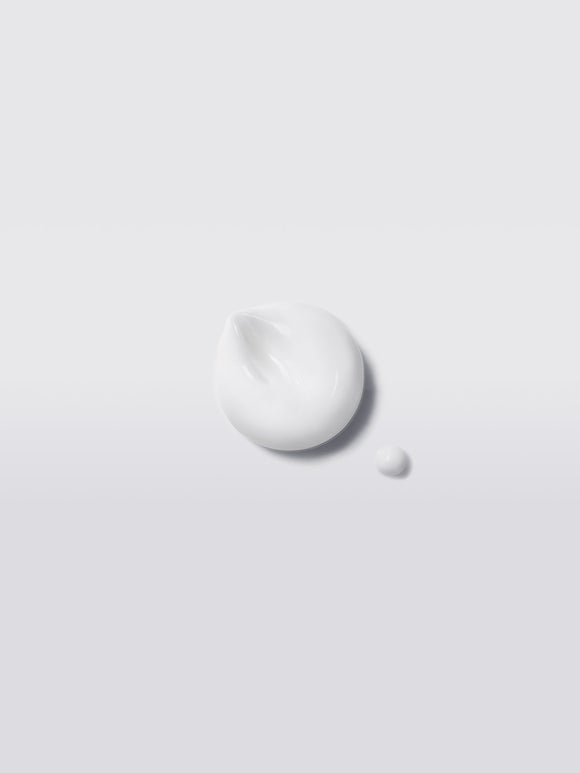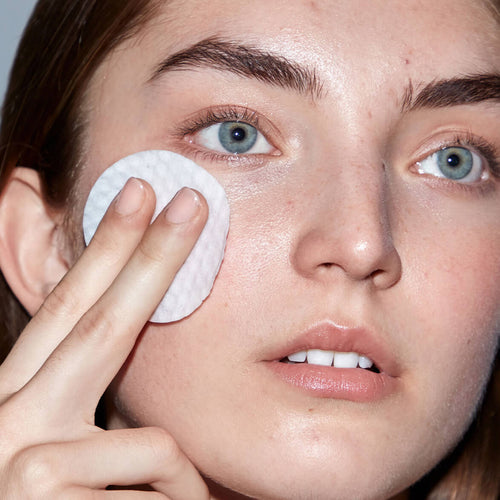
5 Skin Benefits of Using Retinol in Your Nightly Routine
You've heard dermatologists recommending this powerful ingredient — here are the top reasons why.
Published:
2 minute read
Out of the countless skincare ingredients available, only a select few are backed by both dermatologists and clinical studies. At the top of that prestigious list is retinol. Whether you're already using it or have yet to start (what are you waiting for?), here are five compelling reasons why retinol should be a staple in your nightly routine.
#1 Stimulates collagen production
Retinol impacts connective tissue cells known as fibroblasts. These cells are crucial for producing substances essential for skin structure and resilience, including:
- Collagen: the protein that gives skin structure.
- Tropoelastin: the building block of elastin, which gives skin resilience.
By around age 20, your skin starts producing about 1% less collagen each year. Retinol helps boost fibroblast function, especially in sun-damaged skin, providing much-needed collagen support.
#2 Increases blood flow
Retinol undergoes a two-step oxidation process, resulting in retinoic acid, which promotes angiogenesis (blood vessel production). Increased blood flow means more oxygen and nutrients reach the skin, supporting healthy cell and collagen production while removing harmful substances like free radicals.
Here's how having more blood flow benefits skin:
- Oxygen and nutrients in: more blood means more vital nourishment for healthy skin function.
- Waste products out: blood also carries away harmful substances like DNA-damaging free radicals.
Dr. Pimple Popper's Retinol Favorites
#3 Speeds up cell turnover
Unlike exfoliants, retinol is a fat-soluble antioxidant that penetrates the skin's outer layer to stimulate cell reproduction in the dermis. This accelerates the skin cycle, which slows down as you age, and provides several benefits:
- Supports the skin’s barrier function
- Fades age spots and UV damage
- Softens rough patches
- Keeps pores clear of dead skin, reducing blackheads and whiteheads
#4 Potentially decreases sebum production
Recent in laboratory studies suggest that retinol may reduce oil production, although more research is needed to confirm this in vivo (aka IRL). This potential benefit is significant for those with acne-prone skin, as elevated sebum levels contribute to breakouts.
Try: SLMD Retinol Resurfacing Serum, also part of the Acne System, After Acne, Treat Yourself Duo, and Cheek to Cheeks bundle
#5 Better tolerated than prescription retinoids
Retinol, a member of the retinoid family, is less potent than prescription-strength retinoids like tretinoin, making it better tolerated by various skin types. While stronger, prescription retinoids may have a more significant impact, they also more commonly cause irritation.
OTC retinol is not as strong, which means it tends to be better tolerated by various skin types. When retinol is combined with nourishing ingredients, your skin is less likely to experience redness and flaking that can sometimes accompany this potent active. This makes it more likely for users to stay consistent with their application, which is important with retinol since the results only get better over time.
Sunscreen reminder
While retinol might not make your skin more sun sensitive (more on that here), it's crucial to apply sunscreen daily to protect your fresh skin cells from UV damage. Look for lightweight options suitable for all skin types.

Dr. Lee's Last Word
Retinol is one of my all-time favorite dermatological skincare ingredients. Backed by numerous studies and trusted by dermatologists for decades, it's effective for treating acne and addressing signs of visible aging. What's not to love about an ingredient that does double-duty?





